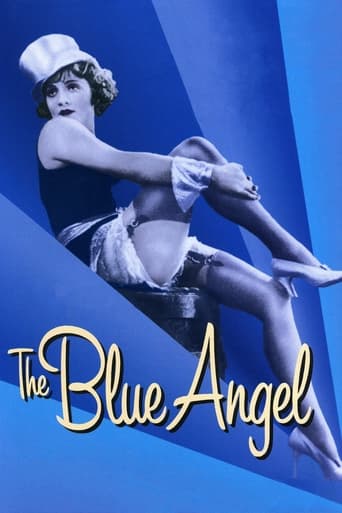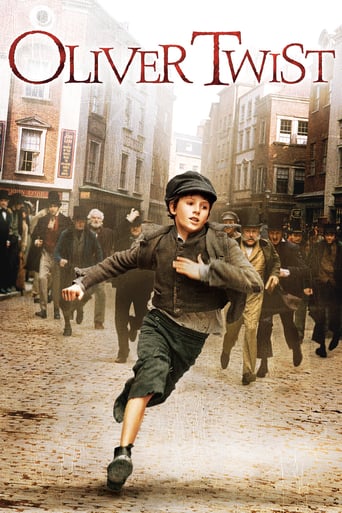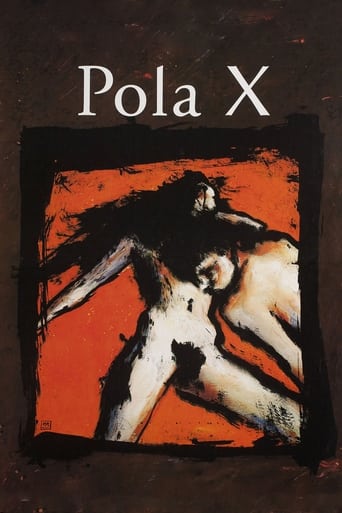
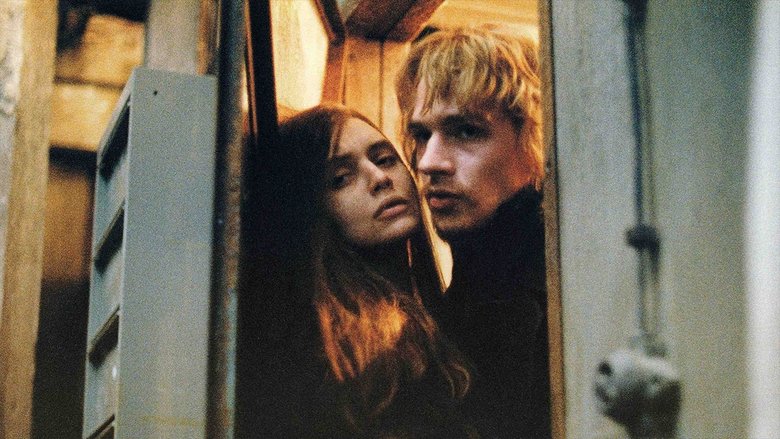
Pola X (1999)
A writer leaves his upper-class life and journeys with a woman claiming to be his sister, and her two friends.
Watch Trailer
Cast
Similar titles
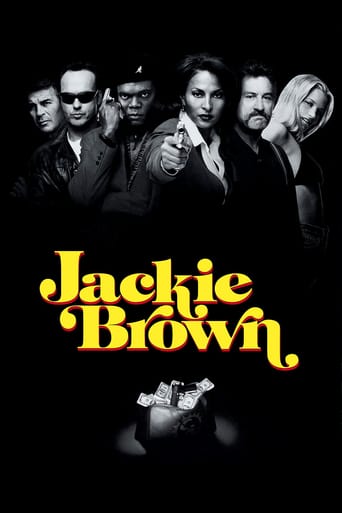
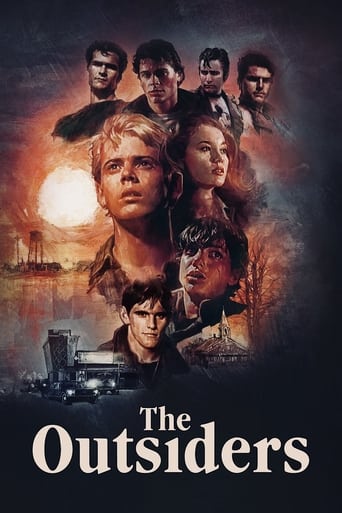
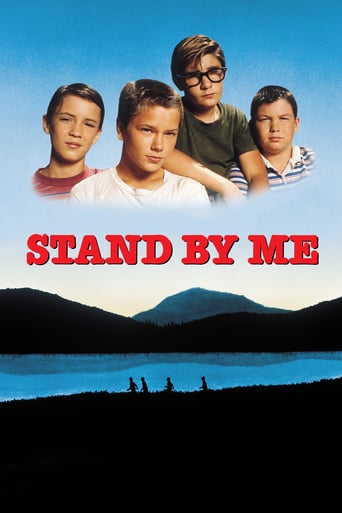


Reviews
Simply A Masterpiece
Let me be very fair here, this is not the best movie in my opinion. But, this movie is fun, it has purpose and is very enjoyable to watch.
Like the great film, it's made with a great deal of visible affection both in front of and behind the camera.
It is a whirlwind of delight --- attractive actors, stunning couture, spectacular sets and outrageous parties.
This dark, moody French psychological drama/mystery has always been a favorite of mine. The narrative, based on a novel by Melville, follows an unusual but absorbing course. A young, upper class writer (well played by Depardieu) finds himself being stalked by a mysterious young woman, who eventually reveals some family secrets to him, sending him on a weird, downward spiral. Thrown into the mix are his suffering fiancée, an increasingly resentful cousin, a band of avant guard (I am misspelling this because IMDb's spelling check is not accepting the correct spelling) artists and revolutionaries, and beautiful Catherine Deneuve. Carax is a master at weaving together fascinating images, sounds (music by Scott Walker), and performances into an edgy, unique mix. Imho we need more films like this one.
I kept thinking watching Pola X, the first Leos Carax film I've seen yet, what it means for a film or any work of art to be "pretentious". The dictionary defines it as being or seeming to be "expressive of affected, unwarranted, or exaggerated importance, worth, or stature". Carax does indeed want his film to be important, and sometimes he does go to exaggerated lengths to get his results, of the 'artsy-fartsy' kind that one would only find in small art-houses in NYC (in fact, this was probably a film that screened for at least a month at the Angelika in Manhattan). But there's an intriguing conceit that Carax has with his material as it goes along: it's almost as if he's critiquing pretension, mocking it in subtle ways as he shows his disparate and desperate character heading towards an uber tragic end. It's a story that unfolds too thickly in hopelessness, where the characters don't seem to mind it as there is hope for two of them, at one point, that things will get better until they start getting horribly worse, sometimes in the abstract. Try as I might have at the half-way point to dismiss it as rambling pseudo-poetic French dreck, there's an appeal and watchable quality to it all, and I'd almost be inclined to call it a good effort...Almost.The story is taken from a Herman Melville novel, though I'd wonder how much exactly was changed in the adaptation (incest, anyone?) Pierre (Depardieu, son of Gerard) is a novelist engaged to beautiful Lucie, and lives with his mother (Deneauve), but is torn away after finding one night in the woods that he has a long lost older sister who was raised elsewhere in Europe. He moves with her to Paris, and after getting rejected by a cousin (Lucas, disappearing for a long while in the film then returning in act three, or five, or whatever), go to live in a big warehouse type of loft where a weird avant-garde rock band practices and records songs. Meanwhile, a new crazy book is in the works, a child that was tagging along with another woman (I'd assume Isabelle's friend or caregiver or something) is killed randomly, and pretty quickly Pierre goes as insane and rambling as his book. Now, granted, a lot of this is presented matter-of-factly, but there is a mood that Carax creates that makes it "affected". There's a tint, for example, that sometimes makes characters look all blue- which works more or less in the revelation of who Isabelle is to Pierre in the woods- and scenes that aren't totally clear as to whether they are really real or imagined (Deneuve's fate on a bike is shot and executed almost as a parody of itself). And Depardieu himself is like a walking pit of uncertain angst. He plays him adequately enough, but there is the creeping sense, as with the film a lot of times, that there isn't quite as much dimension as one would hope, or at least would think the filmmaker would recognize.Not that this is a total deterrent. I like when a filmmaker isn't afraid to plunge the viewer into unconventional duress and ambiguity, and for at least a few scenes Pola X does feel thriving with a sense of drama infused well by the exquisite but anxious camera-work (the child's death is one of these, as well as the climax that gains momentum in a style comparable to Strosek, minus the chicken). And the actual band in the movie itself seems to be Carax commenting on what he must realize is over-reaching in other sections; is it to be taken seriously, really, when we see the lead singer or whomever it is doing a weird body movement while the abdomen is covered in red? There's even a trippy dream scene with characters in a river of blood that treads that pretension line: you can sense the filmmaker behind it is so happy with how it came out as mad as it is, and it's actually quite an eye-full. Carax also pulls off one of the most explicit sex scenes in film history (full penetration, among other acts of foreplay), and this oddly enough does serve an emotional point- it feels eerie in the light, but strangely intimate.All of this adds up to what then? Is Pola X worth watching? If you're familiar already with/admire Carax's work, it's a pretty safe bet as an act of semi-experimentation. For a first-timer to his work, like myself, it's a hit or miss experience, but one I wasn't too upset at having. At the least, one can say, Carax didn't go to the lengths of the man who directed a film Carax once starred in: Godard's King Lear. 6.5/10
I want very much to believe that the above quote (specifically, the English subtitle translation), which was actually written, not spoken, in a rejection letter a publisher sends to the protagonist, was meant to be self-referential in a tongue-in-cheek manner. But if so, director Leos Carax apparently neglected to inform the actors of the true nature of the film. They are all so dreadfully earnest in their portrayals that I have to conclude Carax actually takes himself seriously here, or else has so much disdain for everyone, especially the viewing audience, that he can't be bothered letting anyone in on the joke.Some auteurs are able to get away with making oblique, bizarre films because they do so with élan and unique personal style (e.g., David Lynch and Alejandro Jodorowsky). Others use a subtler approach while still weaving surreal elements into the fabric of the story (e.g., Krzysztof Kieslowski, and David Cronenberg's later, less bizarre works). In Pola X, Carax throws a disjointed mess at the viewer and then dares him to find fault with it. Well, here it is: the pacing is erratic and choppy, in particular continuity is often dispensed with; superfluous characters abound (e.g., the Gypsy mother and child); most of the performances are overwrought; the lighting is often poor, particularly in the oft-discussed sex scene; unconnected scenes are thrust into the film for no discernible reason; and the list goes on.Not to be completely negative, it should be noted that there were some uplifting exceptions. I liked the musical score, even the cacophonous industrial-techno music being played in the sprawling, abandoned complex to which the main characters retreat in the second half of the film (perhaps a reference to Andy Warhol's 'Factory' of the '60s?). Much of the photography of the countryside was beautiful, an obvious attempt at contrast with the grimy city settings. And, even well into middle-age, Cathering Deneuve shows that she still has 'it'. Her performance was also the only one among the major characters that didn't sink into bathos.There was an earlier time when I would regard such films as "Pola X" more charitably. Experimentation is admirable, even when the experiment doesn't work. But Carax tries nothing new here; the film is a pastiche of elements borrowed from countless earlier films, and after several decades of movie-viewing and literally thousands of films later, I simply no longer have the patience for this kind of unoriginal, poorly crafted tripe. At this early moment in the 21st century, one is left asking: With the exception of Jean-Pierre Jeunet, are there *any* directors in France who know how to make a watchable movie anymore? Rating: 3/10.
The X in Pola X refers to the fact that this was apparently the tenth version of the script - and after going through the two-hour ordeal of watching this confused, pretentious, would-be art-house piece of nonsense, I would hate to see any of the other nine versions.The plot? Never mind, it goes something like this: a depressed French writer sees a woman one and (for whatever reason is beyond me) thinks she is his sister. He follows her to Paris, joins a Yugoslavian trash/noise orchestra, the members of which live in a dilapidated industrial building, and becomes a sick and destitute cliché of an auteur. Finally, the woman gets run over by a lorry, which was greeted with enthusiastic applause by the (by then exasperated) cinema audience. It will probably start making sense after you've had your sixteenth gin and tonic.I suppose most viewers went to see this film because a) the director, Leos Carax, made the altogether wonderful "Les Amants de Pont-Neuf" a couple of years earlier, or b) it reportedly featured a steamy, real-life sex scene between the two main characters. "Les Amants" was indeed a true masterpiece, which makes Pola X an even more monstrous disappointment. The love scene was ill-lit, hugely embarrassing, and about as entertaining or sensual as watching white paint dry. Come to think of it, I would probably find the paint more arousing.I saw several viewers leave the audience during the film, and those who did stay until the end were obviously quite happy it was over. By the time the third line of the end credits appeared on the screen, everybody had fled the cinema. Even if you have a flair for French cinema, don't go anywhere near this.






